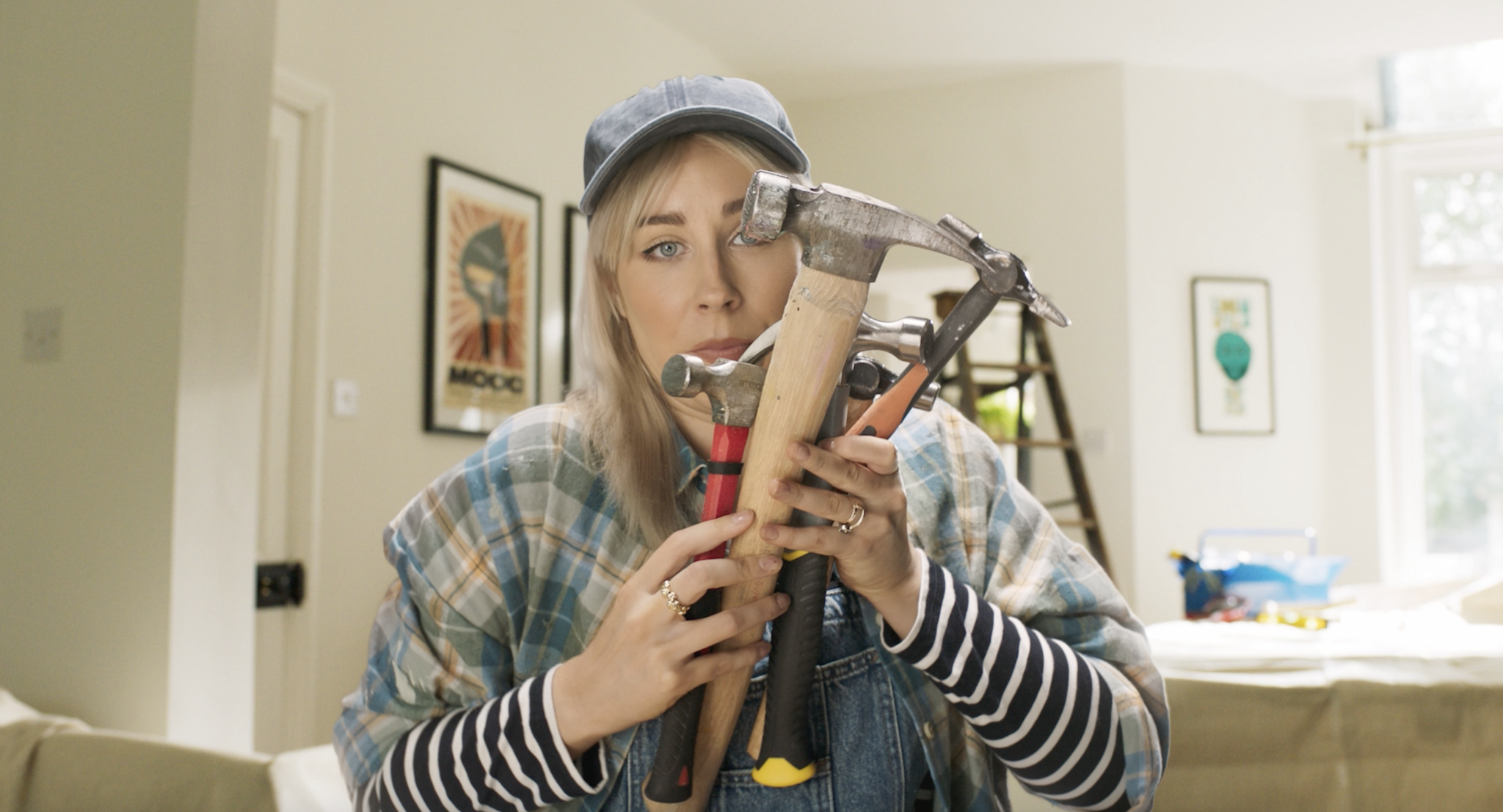Comedians Stevie Martin and Lola-Rose Maxwell discuss how their experience of writing, performing, directing and editing their hit viral sketches influenced their recent success in creating authentic and genuinely funny comedy ads.

How did your viral sketches come about?
Lola-Rose: Before lockdown, Stevie wanted to put together sketches. I would go over to her house and spend a whole day recording one sketch, which she’d edit down to a 1 minute video. During lockdown, we did them over Zoom, and they started doing really well. Stephen Fry retweeted one!
Stevie: I remember that happening. I was in Tesco and I screamed.
How did doing that turn into making commercials?
Lola-Rose: We’d approach each sketch by thinking about things that annoyed us, and find the jokes through that. because our whole lives were online, all our sketches became about technology, so we weirdly found ourselves in the world of tech comedy. Which made us an obvious choice for ACER.
Stevie: Acer got in touch with us because they thought our sketches were a good fit for what they were trying to do. It was an easy sell; we already had a format they liked, and we had tonnes of proof that it worked. We were very #grateful (praying hands emoji) that they trusted us.
Lola-Rose: They offered us a director but we’d been self-directing our sketches, so it made sense to direct the ads. Plus, we were mad with power at this point and even tried to take over ACER themselves.
Stevie: Wildly so. For a long time, we had been creating content without any outside input, doing the writing, performance, directing, editing, and even the graphics (which weren’t great, sure, but worked for an online audience). That experience meant we could create a sort of authenticity. For the ad to be successful, the whole process had to be as close to what we had been doing by ourselves, which meant the end result was as close to the real thing as possible.
By having that level of input, were you able to offer the client something different to a non-comedian director?
Lola-Rose: We were also able to work with the client and the agency to make sure the comedy was broad enough and silly enough to reach the most amount of people, a joke for everyone!
Stevie: No-one left behind!
Lola-Rose: And we could improvise alternative lines on the spot because the client trusted us to try things. If we weren’t comedy writers and performers, I’m not sure we’d have had the confidence to try that on the set of our first ever directing job. One of the sketches even had a different ending to the original script.
Stevie: Yeah it was brilliant how Acer let us suggest things. While we didn’t do the editing, because my skills are nowhere near up to proper advert standard, we were heavily involved in the notes. Timing is just so important.
Lola-Rose: God yeah timing is SO important. So many great jokes are ruined in ads because the timing is all over the place.

What are your top tips for incorporating comedy into ads?
Lola-Rose: If you see someone doing something funny online, you’ll have a better end product if you get them in to contribute material, direct, act or even all three in the commercial, rather than try to copy their style. If there’s a comedian you like, they might not be right for your project right now but follow them, and look at who they follow. Online comedy is so algorithm-based now that you might have to dig around, but it’s crucial to curate your own list and keep up with everyone’s work.
Stevie: Maybe the biggest obstacle or stumbling block when creating comedy is that lots of people are funny, but it’s a very different thing to construct jokes in a way that hits an audience in the right way. It’s a bit like maths, in the sense that the formula for laughter is exact, and I now realise this makes me sound incredibly boring.
Lola-Rose: It does but you’re bang on. Once you’ve got a well-constructed joke, it’s all about delivery and timing. Being actors as well, it makes directing actors easier, we know how it feels to be in front of the camera. Sometimes with comedy, people panic, but usually a subtle grounded performance is the best approach.
Stevie: There’s always an instinct with comedy to over-perform. And sometimes that can really work, but most of the time the delivery is way funnier when it’s dead straight.
Lola-Rose: Yeah people do often panic with comedy, but subtlety is normally the best approach. Oh, and did we mention timing? I hope we mentioned timing.
Stevie: And get comedians in to help you with your comedy ads! Always!
This article was originally published in full for Creativepool Editorial – How to (properly) use comedy in ads

